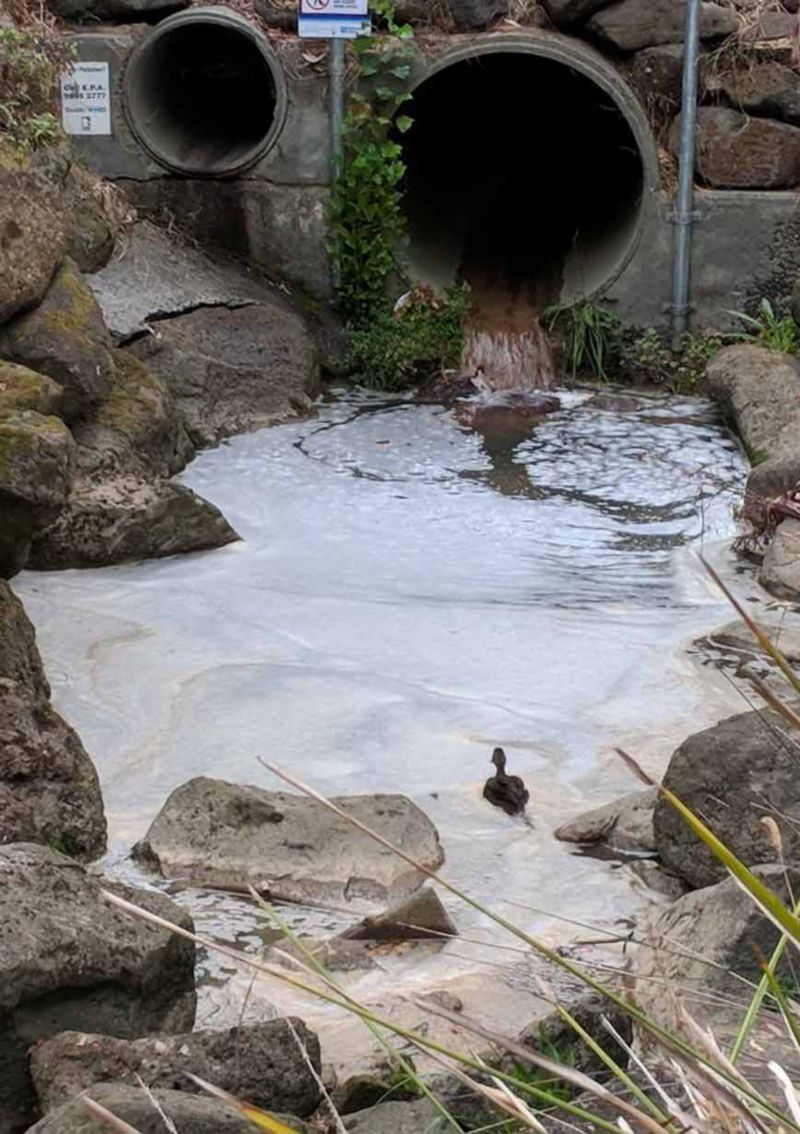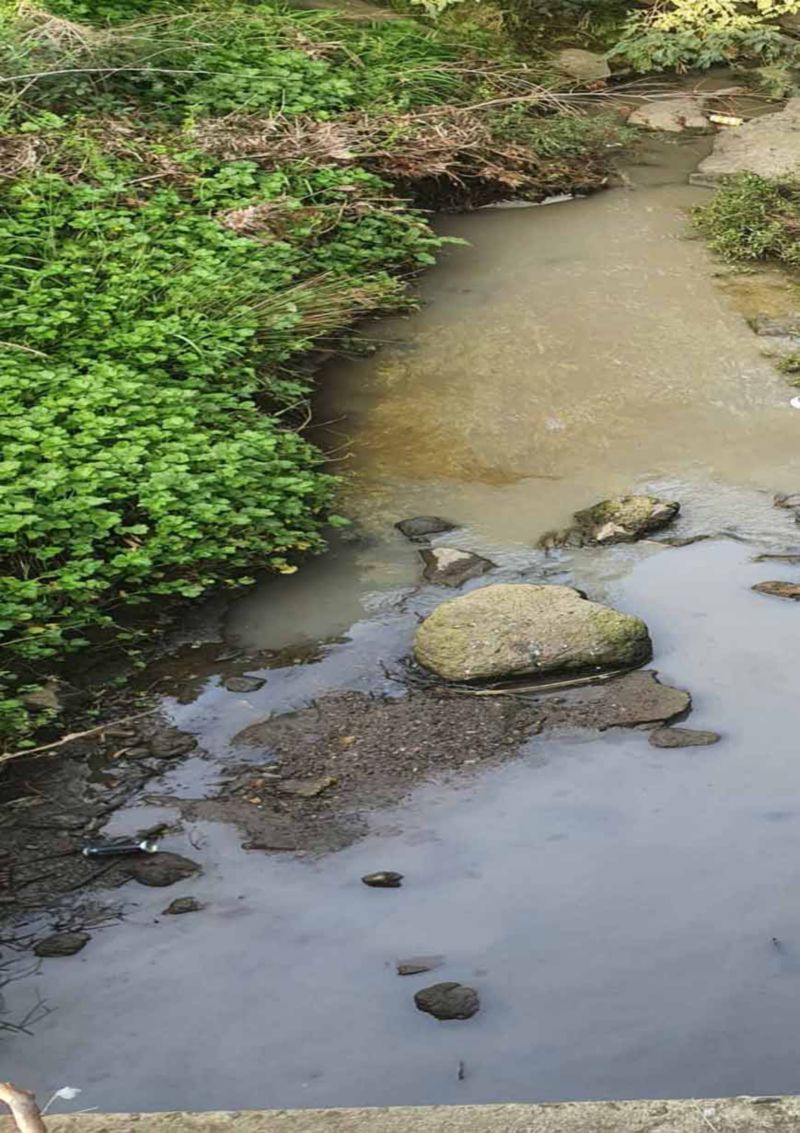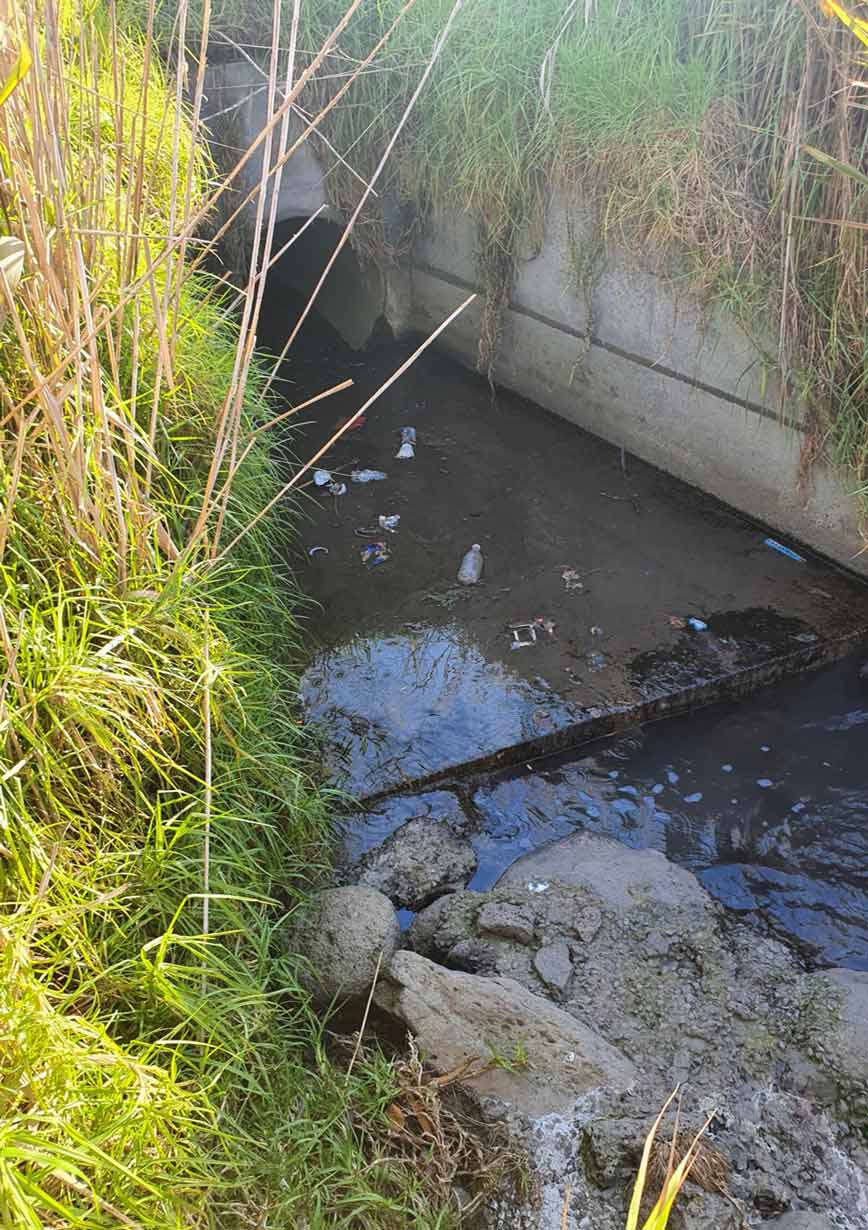Effective and affordable opportunities for the treatment of industrial pollutants in stormwater drains
Background
Industrial areas can be major sources of pollution to local waterways and therefore, a significant risk to environmental values. The continued development of technologies to treat dry weather flows from industrial areas will increase confidence in our ability to effectively management pollution from industrial catchments, influence policy and planning and help to support the achievement of the Healthy Waterways Strategy for Greater Melbourne. There is also potential for this project to influence urban stormwater management policy and for best practice control measures to be incorporated into standards and guidelines.
Approach
Online Treatment Solutions: Treatment Facility
Two programs within Melbourne Water are currently investigating building pilot online treatment facilities to reduce pollutants from industrial areas: Bayswater Industrial Online Treatment and Stony Creek Online Treatment. It is proposed that we will continue to support these programs by aiding in the scoping and designing of these online facilities.
Online Treatment Solutions: Pre sampling of online treatment facility (if approved)
Pre sampling of the receiving waterway will be conducted prior to the online treatment facility being built to obtain baseline data of the pollutants entering downstream waterways.
Assessment of Control Options – Synthesis document
Current practices in Victoria reviewed by A3P in 2020 will be revisited to understand if there have been improvements made towards better controls. Best practice management of pollutants from industrial areas will be refined and developed.
Research Note: Case studies of control options to manage pollutants from industrial estates
A research note will be developed for the benefits of implementing structural online treatment facilities to treat and reduce pollutants from industrial estates.



Progress to date
A3P2: begun Oct 2023
Pre sampling of online treatment has commenced.
Synthesis document review underway.
Stakeholder engagement continues.
A3P1: completed Sep 2023
A literature review on industrial pollutants, their typical sources, and potential management actions completed. Laboratory and field trials of potential structural treatment solutions completed.
See Download 2022 results summary or access this HWS midterm review summary via: https://healthywaterways.com.au/resources/documents for details
Expected Outcomes
- Stakeholders have awareness of industrial estate treatment options, enabling informed decision making.
- Increased confidence in the ability of online treatment assets to manage industrial pollution.
- Could be incorporated in best practice management guidelines for industrial runoff.
Expected Completion: End 2028
Contact: For more information, contact Claudette Kellar, Claudette.Kellar@rmit.edu.au, or at Melbourne Water: Slobanka.Stojkovic@melbournewater.com.au or Rhys.Coleman@melbournewater.com.au
Reference: Pettigrove, V. (2018) Pollution Issues in the Melbourne Water Region and Options for their Management. Technical Report No. 88. Centre for Aquatic Pollution Identification and Management, The University of Melbourne, Melbourne, Victoria.